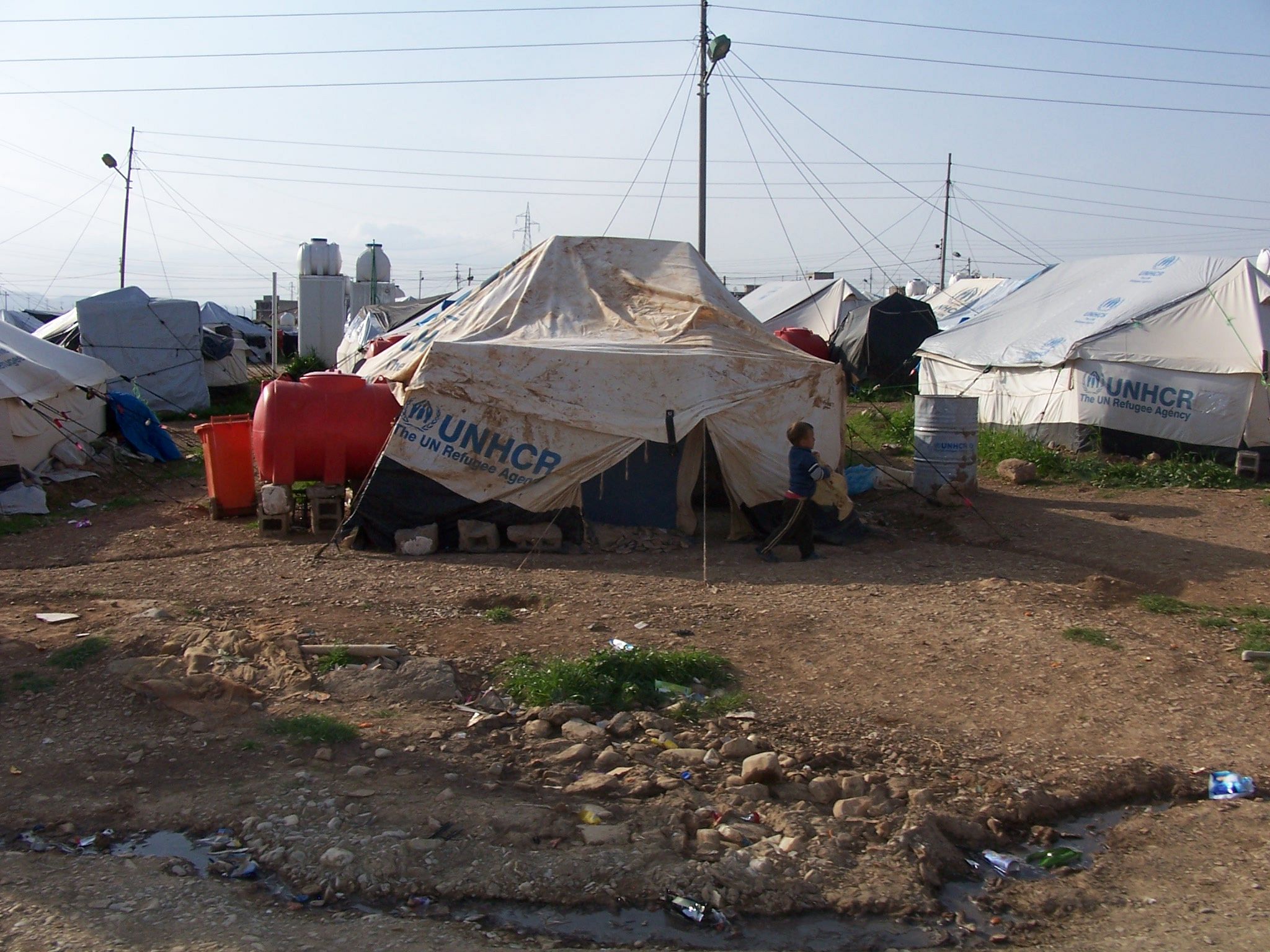“Holland isn’t full, but it is full of unused space,” according to Dutch government architect Floris Alkemade. This was the inspiration behind the ‘Home Away from Home ‘competition, challenging architects to design housing solutions for refugees.
This challenge also became a part of the curriculum for this year’s Architecture and Building Technology master’s students from TU Delft.
The competition was organised by the Rijksbouwmeester and the COA (Central Agency for the Reception of Asylum Seekers) in response to the growing number of refugees arriving in Europe. 150 students spent five weeks developing their housing units for the compulsory course titled ‘Delft Seminars on Building Technology’, although not all the students will actually be entering the competition. Previous years have required students to use existing buildings as case-studies, for example the Kunsthal, the EWI building and even BK City itself. According to course coordinator Bas Gremmen this new approach proved more difficult than expected for some. He explained that these buildings are smaller than those from previous case studies, “however everything is involved, all the complexity is in that one building. I think that surprised the students.”
Several students agreed that this difficulty was a positive thing and believed this case-study better helped them learn about designing for people. One of the students, Bas de Pater, said it was particularly motivating to work on a more ‘real-life’ example, adding “it let me think about how to build for people.” Marianne Boonekamp, whose design has been entered into the competition, also said she particularly appreciated a case-study with more real-life applications; “What I do sometimes miss here is that aspect of reality, so it was really interesting to get into this social problem, and really try and make something that could be built, not just something that looks nice on paper.” Her approach was particularly interesting, as she told Delta she didn’t just want to make a home for refugees that works, but one that is “more personal, and gives an element of choice”.
The students presented their designs in the BK Faculty Friday March 11. For those entering the competition, the 12 winners moving onto round 2 will be announced April 10, where their designs will be further developed.



Comments are closed.